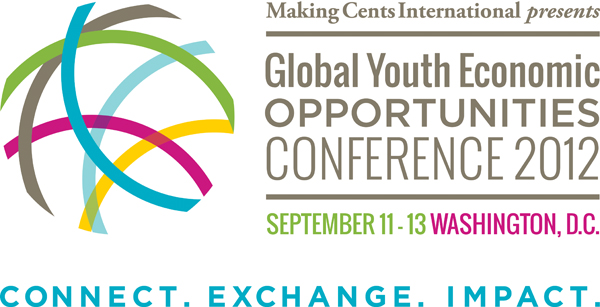Youth Economic Opportunities Conference: José Manuel Salazar (ILO) on the importance of partnerships
Insights from the 2012 Youth Economic Opportunities Conference
 September 11-13, 2012 | Washington, DC
September 11-13, 2012 | Washington, DC
Lauding the Global Youth Economic Opportunities Conference as one of the major knowledge sharing events on youth employment issues, José Manuel Salazar, Executive Director of Employment at the International Labour Organization (ILO), shared his perspective on youth employment with the Microlinks Team following his keynote address.
Working for many years on youth employment issues, the ILO has been strengthening this program in light of the youth unemployment crisis, with 57 countries currently requesting technical support from the ILO. At the ILO conference last June, there was a major call for action to solve this crisis following revelations on the enormous increase in youth unemployment, the numbers of working poor, and young graduates who cannot find employment.
Salazar explains that there are a lot of solutions, but the youth development community has to make sure that youth unemployment is priority for government policymakers. Partnerships are also vital because the private sector, government, NGOs, and trade unions all have to come together to create a critical mass in each country to really make a difference on youth unemployment. Watch the full interview to learn more:
Bio: José Manuel Salazar
José Manuel Salazar serves as Executive Director of the Employment Sector at the ILO. Prior to joining the ILO, Salazar was Chief Trade Adviser and Director of the Trade Unit at the Organization of American States. From 1997 to 1998, Salazar was Minister of Foreign Trade of Costa Rica. From 1994 to 1997, he served as Executive Director of the Federation of Private Entities of Central America and Panama (FEDEPRICAP) and from 1990 to 1994, as the Federation’s Chief Economist. Salazar has a Masters of Philosophy Degree in Development Economics, and a Doctorate in Economics from the University of Cambridge; he also holds a Bachelor of Arts degree in Economics from the University of Costa Rica. He has taught at the University of Costa Rica, the National University of Heredia, Cambridge University, and Georgetown University.


